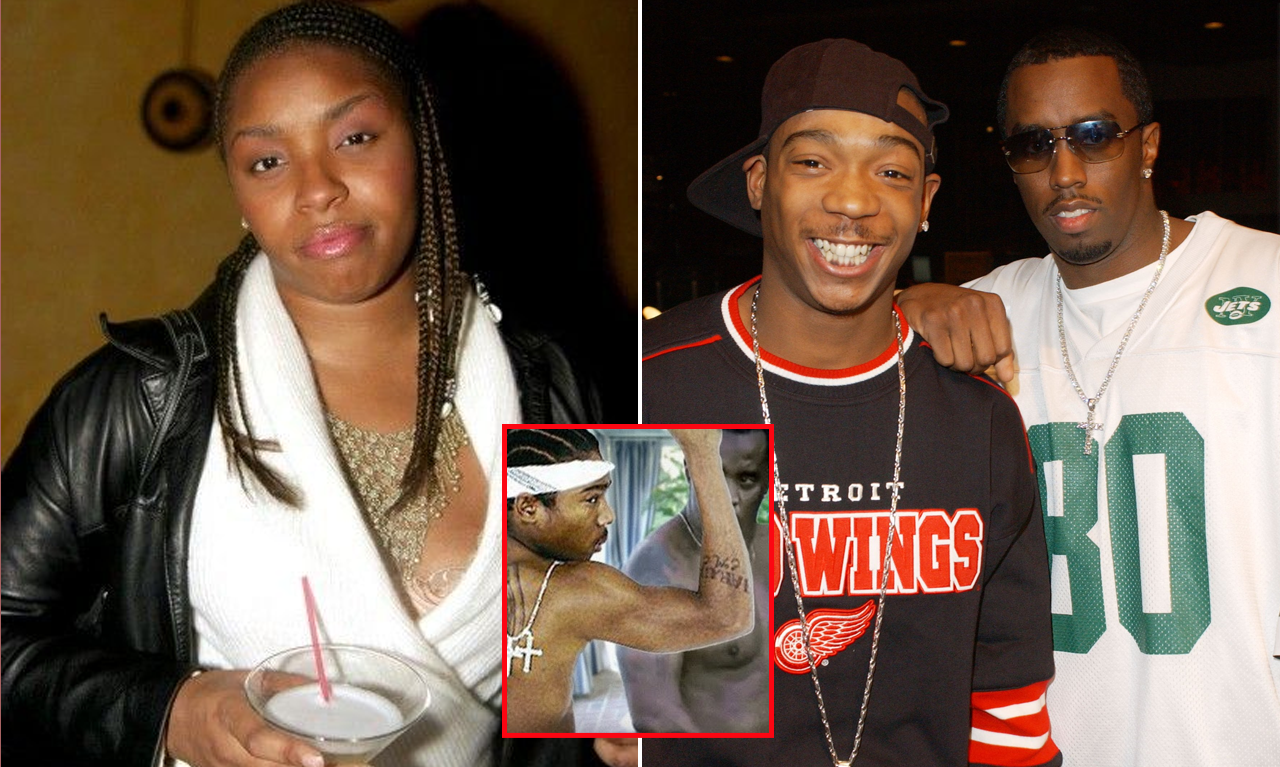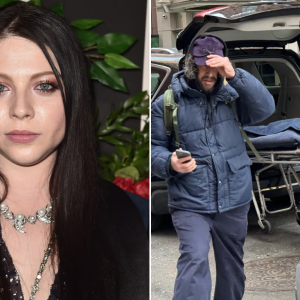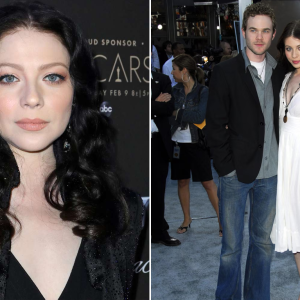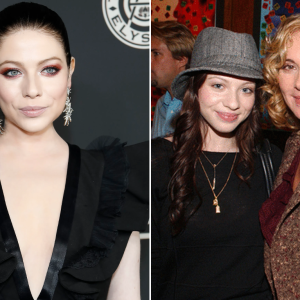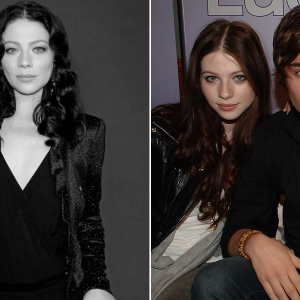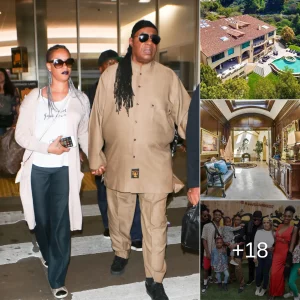In a sensational twist that has rattled the music industry, Jaguar Wright recently dropped a bombshell revelation involving two of hip-hop’s most notable figures—Sean “Diddy” Combs and Ja Rule. Wright, known for her powerful voice and candid approach, has made headlines not only for her music but her willingness to speak out on various controversial topics. Her latest claims regarding a secret affair between Diddy and Ja Rule have sent shockwaves through fans, industry insiders, and the media alike, prompting a deeper exploration of relationships and rivalries within the hip-hop community.

The revelation came during a candid interview, where Wright discussed her experiences in the industry alongside the complexities of friendships, rivalries, and the hidden dynamics that can affect professional relationships. According to her, the affair was not only surprising but also indicative of deeper, often undisclosed connections within the music world. She hinted that the relationship between Diddy and Ja Rule was more than just a professional one, suggesting a level of intimacy that could challenge the narratives fans often believe about these artists. Such claims bring forth questions about the motivations and personal lives of the artists we admire, complicating the public perception of their personas.

Wright’s allegations have reignited conversations about sexual fluidity and hidden relationships within the entertainment industry. The hip-hop community, often characterized by hyper-masculinity and bravado, rarely discusses issues of sexuality in a candid manner. Wright’s claims challenge this status quo, suggesting that personal and romantic entanglements can exist behind the public facade. The suggestion of a secret affair between two giants in the industry raises eyebrows and encourages discussions about the hidden facets of celebrity life—relationships that do not fit neatly into the narratives shaped by media or public perception.
Moreover, the implications of Wright’s allegations extend beyond mere gossip. They touch upon themes of authenticity, trust, and loyalty within the industry. If there was indeed a romantic relationship between Diddy and Ja Rule, it potentially complicates the narrative of rivalry that has often defined their interactions. Over the years, there have been tensions between various artists, particularly within the East Coast-West Coast rivalry, but this unexpected twist adds a layer of complexity that could alter how fans and historians view these relationships in retrospect. It challenges the binary understanding of friendships and animosities that often dominates the music scene, reminding us that the relationships between artists can be intricately woven and multi-dimensional.

As the media continues to dissect Wright’s claims, fans are left questioning the authenticity of the images presented by their favorite artists. For many, the music industry has traditionally been viewed through a lens of glamor and success, but revelations like these peel back the layers, revealing the often tumultuous personal lives of the celebrities behind the curtain. The question remains: how will Diddy and Ja Rule respond to these allegations? The potential impact on their careers, brand images, and personal lives can be profound.
Furthermore, Jaguar Wright’s boldness in sharing this information highlights an important shift in the industry—the willingness to speak out and challenge norms. While the consequences of her revelations may lead to backlash, they also contribute to a growing movement advocating for transparency and authenticity in the entertainment world. Art and personal narratives are increasingly intertwined, creating a landscape where truthfulness is sought after and celebrated.

In conclusion, Jaguar Wright’s disclosure about a supposed affair between Diddy and Ja Rule serves as both a startling revelation and a catalyst for deeper discussions about love, identity, and the complex relationships that shape the music industry. The ramifications of her claims extend beyond sensational headlines; they invite fans and critics alike to reconsider the dynamics that govern celebrity culture. As conversations about gender, sexuality, and authenticity continue to evolve in society, Wright’s revelations hold a mirror to the industry, urging us to contemplate the multifaceted lives of artists who remain dedicated to their craft while grappling with their own truths. The unfolding of this narrative promises to keep audiences engaged as they await responses from the involved parties and consider the intricate fabric of connection and rivalry that defines the world of hip-hop.
